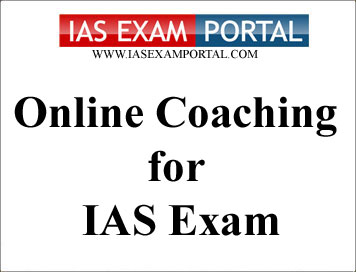(MCQ) IAS PRE GS Online Coaching : Polity - "Delegated Legislation"
Sample Material of Our Online Coaching Programme
(MCQ) Polity: Delegated Legislation
1. Consider the following statements
- Delegated legislation is ancillary and cannot replace or modify the parent law nor can it lay down details which are contradictory to substantive law.
- If subordinate legislation tends to replace or modify the provisions of the basic law to attempts to lay down new law, it is struck down as ultra vires.
Which of the above statement is/are correct?
- Only 1
- Only 2
- Both 1 and 2
- Neither 1 nor 2
2. In context of the factors responsible for the growth of delegated legislation consider the following statements:
- Democratisation of rule-making process by providing for consultation with affected interests.
- It can help in adaptability of the law for future conditions without formal legislative amendments.
- Legislation is increasingly becoming technical like intellectual property law, biotechnology, tax laws etc., parliament is not expected to have knowledge over these matters.
Which of the above statement is/are correct?
- Only 1 and 2
- Only 1 & 3
- Only 2 and 3
- All of the above
3. Consider the following statements about the advantages of delegated legislation:
- It saves time of Parliamentary so that the August body can focus more on the broader policy aspects
- Delegated legislation allows laws to be made more quickly than Parliament, which is vital for times of emergency.
Which of the above statement is/are correct?
- Only 1
- Only 2
- Both 1 and 2
- Neither 1 nor 2
4. In context of the judicial control over delegated legislation consider the following statements:
- Substantive ultravires is where the delegating statute itself is unconstitutional, for example being violative of a fundamental right.
- Procedural utravires is where the executive authority does not comply with the rules for example 'previous publication'.
Which of the above statement is/are correct?
- Only 1
- Only 2
- Both 1 and 2
- Neither 1 nor 2


